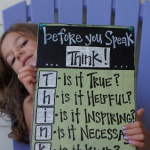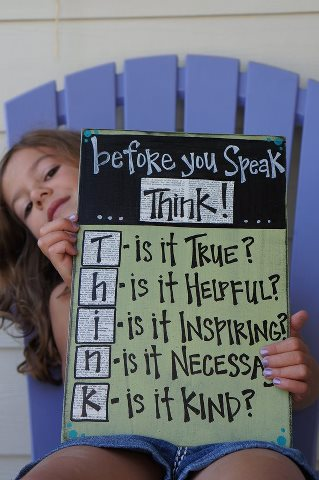“Speak only the speech that neither torments self nor does harm to others. That speech is truly well spoken.”
~ Buddha
What a gorgeous sunrise this morning!
And while I watched the sun come up, tending to my meditation, in the background, my mind was having a good old time chattering away about a conversation that I had yesterday. It was difficult, bringing the mind back to the post of stillness this morning.
I was working with a client, and what needed to be said was very challenging for me. In many ways, it is why I have always preferred writing, as it allows for more time to fashion and deliver messages.
I was grateful for the teachings of Buddha, who taught on the ethics of Right Speech. His words were highly present for me before I finally did speak. Even still, I replay in my mind if there could have been a gentler way of saying those words.
Buddha taught that Right Speech is critical to moving away from suffering. Right speech also plays a large part in the yogic practice of Ahimsa, or non-harming.
In short, Buddha said “If you propose to speak, always ask yourself, is it true, is it necessary, is it kind?”
“The wise ones fashioned speech with their thought, sifting it as grain is sifted through a sieve … Whatever words we utter should be chosen with care for people will hear them and be influenced by them for good or ill.”
Below is the full version of the Buddha’s discourse on Right Speech. I share it in the hope you’ll find it as useful as I have over the years. I come back to it often.
Here’s to happy speech today … Enjoy ♥
The criteria for deciding what is worth saying
— MN 58
Self-purification through well-chosen speech
“And how is one made pure in four ways by verbal action?
“There is the case where a certain person, abandoning false speech, abstains from false speech. When he has been called to a town meeting, a group meeting, a gathering of his relatives, his guild, or of the royalty, if he is asked as a witness, ‘Come & tell, good man, what you know’: If he doesn’t know, he says, ‘I don’t know.’ If he does know, he says, ‘I know.’ If he hasn’t seen, he says, ‘I haven’t seen.’ If he has seen, he says, ‘I have seen.’ Thus he doesn’t consciously tell a lie for his own sake, for the sake of another, or for the sake of any reward. Abandoning false speech, he abstains from false speech. He speaks the truth, holds to the truth, is firm, reliable, no deceiver of the world.
“Abandoning divisive speech he abstains from divisive speech. What he has heard here he does not tell there to break those people apart from these people here. What he has heard there he does not tell here to break these people apart from those people there. Thus reconciling those who have broken apart or cementing those who are united, he loves concord, delights in concord, enjoys concord, speaks things that create concord.
“Abandoning abusive speech, he abstains from abusive speech. He speaks words that are soothing to the ear, that are affectionate, that go to the heart, that are polite, appealing & pleasing to people at large.
“Abandoning idle chatter, he abstains from idle chatter. He speaks in season, speaks what is factual, what is in accordance with the goal, the Dhamma, & the Vinaya. He speaks words worth treasuring, seasonable, reasonable, circumscribed, connected with the goal.
“This is how one is made pure in four ways by verbal action.”
Additional Resources on Right Speech:
http://www.accesstoinsight.org/ptf/dhamma/sacca/sacca4/samma-vaca/index.html
http://www.accesstoinsight.org/tipitaka/mn/mn.058.than.html
http://www.accesstoinsight.org/lib/authors/bogoda/wheel397.html











